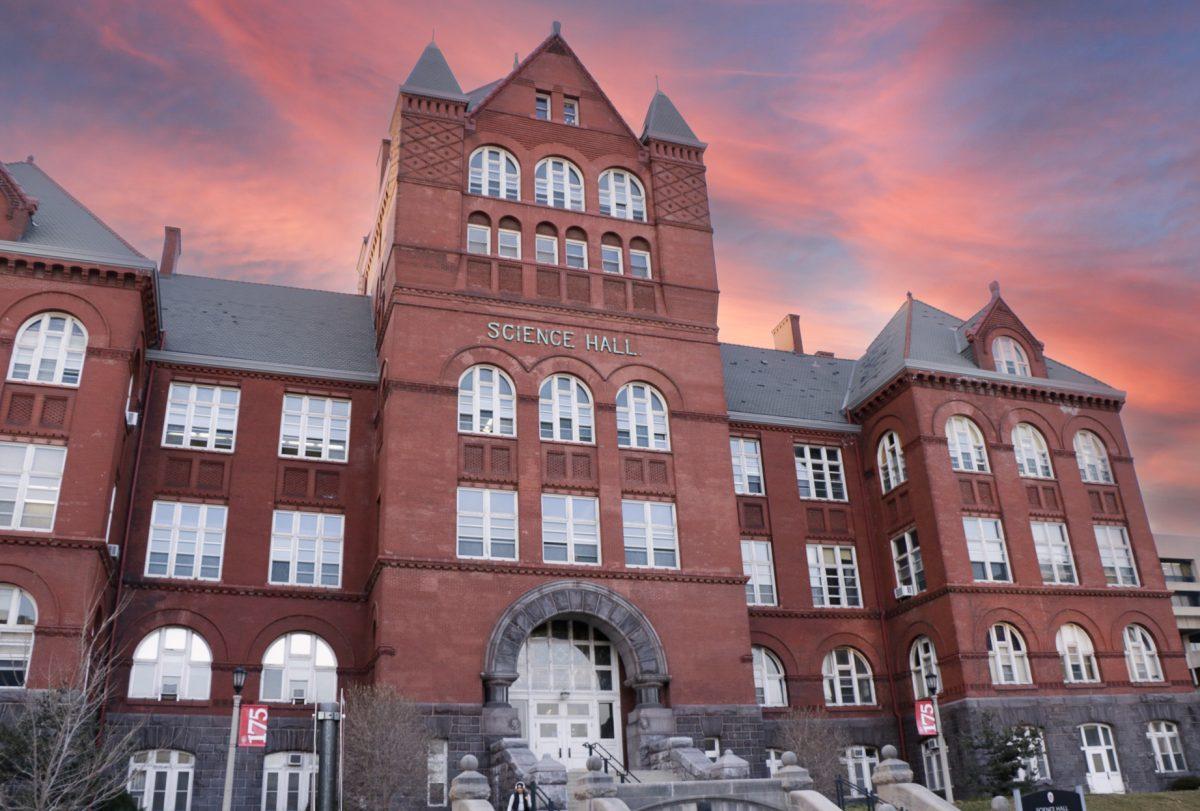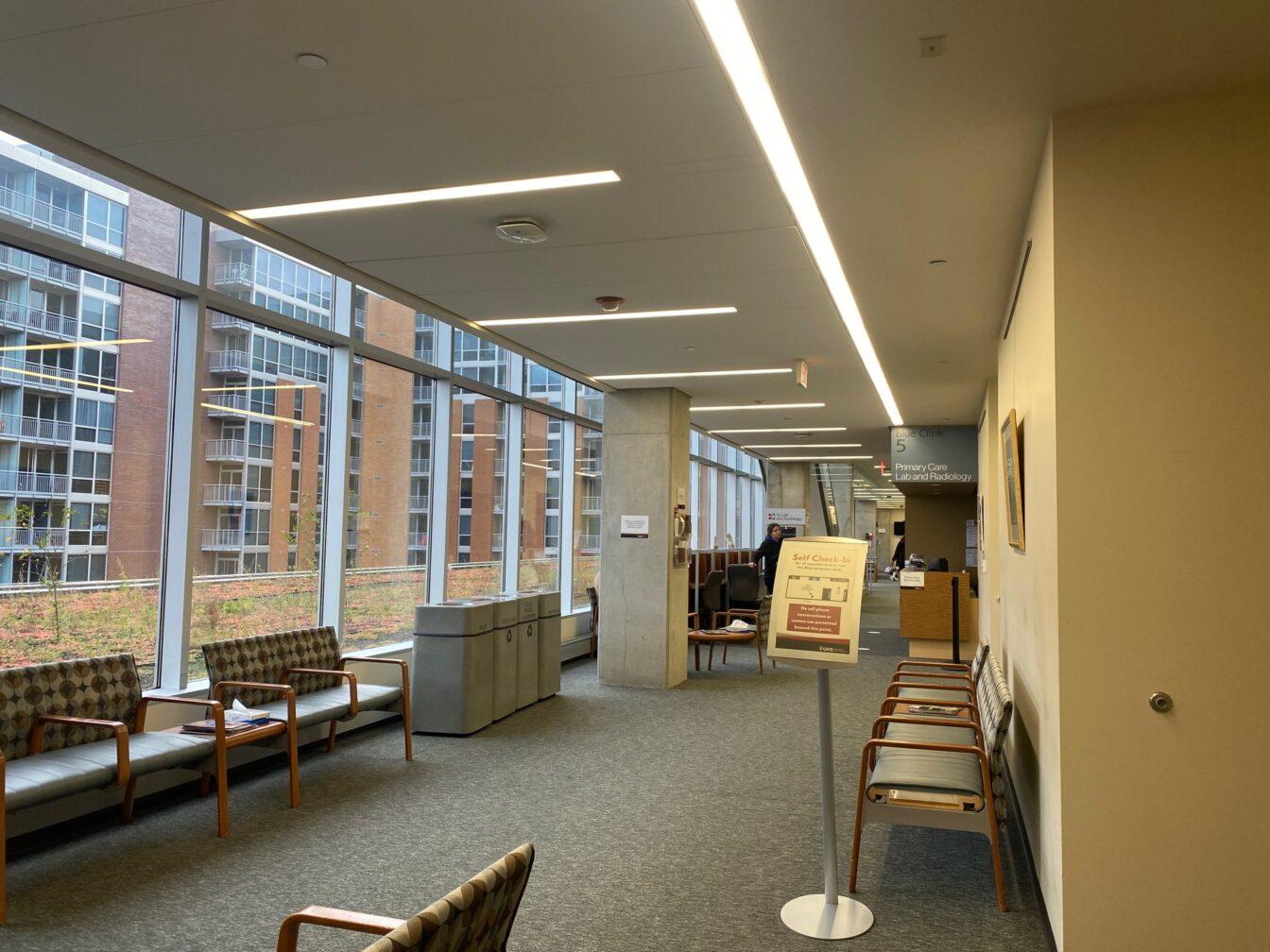The National Women’s History Alliance has designated March Women’s History Month with the theme “Women Who Advocate for Equity, Diversity and Inclusion.”
Locally, the Madison Chapter of Graduate Women in Science commits to reducing gender disparities by supporting women and men from marginalized communities as they explore their career interests, curiosities and aspirations in science. With scientists from a variety of fields, GWIS works to create a welcoming and diverse environment to help students achieve their personal and professional science-related goals.
Consistency in learning new things and exploring areas you don’t know is what makes STEM challenging, but enjoyable, MD/Ph.D. student and GWIS mentor Mayra Betancourt Ponce said. It continuously helps you grow, change, adapt and impact people in your community.
Betancourt Ponce is a member of the molecular and cellular biology program, with a focus on cancer. Her research in Dr. Lisa Barroilhet and Manish Patankar’s lab focuses on studying the effects of inhibiting the oxidative phosphorylation pathway in cancer cells. This pathway provides the main source of energy for cancer cells. Betancourt Ponce also studies the ability of the human body to fight cancer cells.
https://badgerherald.com/news/2024/03/05/study-finds-having-purpose-in-life-may-increase-emotional-resilience-longevity/
Betancourt Ponce is the first person in her family to pursue a career in science, technology, engineering and math. She discovered her passion through lots of ups and downs and mentorship. She credits her mentor during her undergraduate years in Puerto Rico for encouraging her to apply to research programs and helping her curiosity grow.
“Doing science in Puerto Rico is very hard — we have limited resources, we go through natural disasters and this manager was able to keep their lab running, but also empower each student in the lab,” Betancourt Ponce said.
The most challenging and exciting part about being a woman in STEM is embracing the unknown and learning something new every day, Betancourt Ponce said.
Celebrating the intersectionality of backgrounds is an important aspect of GWIS that Betancourt Ponce wants to continue to be part of, she said.
Physician in preventive medicine and assistant professor in the division of geriatrics Dr. Maria Mora Pinzon researches improvements in access and quality of care for all Latinx adults. Mora Pinzon said preventive medicine provides communities with a better chance to stay healthy. But this involves thinking outside of the box and considering what happens outside of the healthcare system.
BIPOC mentorship program supports science, agriculture students
“I’m Latina and I’m in healthcare,” Mora Pinzon said. “It’s [healthcare] not a site for us and this [inequity] actually applies to almost every other underrepresented group. Nobody gets a fair chance in healthcare.”
There is a social stigma that preventive healthcare is not an option for Latinx women, Mora Pinzon said, so she works toward ensuring everyone receives good care. It’s her way of giving back to the community.
According to Mora Pinzon, GWIS provides mentorship programs to organizations such as the Latino Health Council and the Medical Organization for the Latino Advancement, among others.
“By making things better for Latinos, things will improve for everybody else,” Mora Pinzon said. “Why? Because we are changing the mentality.”
Supporting the next generation of underrepresented students comes with a lot of work in research and making sure everybody who wants to do research has the resources to succeed for each of their interests, Mora Pinzon said.
Betancourt Ponce said a STEM career can be scary but encourages everyone to set aside their fears and learn to be uncomfortable — it’s the only way to learn how to move forward despite adversity.
“It is challenging in that way, but that same thing keeps it interesting, keeps it motivating — at least for me,” Betancourt Ponce said. “It can be scary to feel like you’re the first one. But I hope that I can encourage people to do it, even if they do it with fear because that’s the only way that you’re going to grow.”
According to the National Organization for Women, women from diverse backgrounds are crucial for addressing the systemic inequities that exist in society today. Help from these exemplary women is the only way to make progress on diversity, equity and inclusion.
Women’s History Month commemorates the significant efforts women have made and continue to make to achieve equity and dignity. This month invites people to reflect on the importance of being a woman and their contributions to society in every aspect and position — in STEM and beyond, according to NWHA.
Mora Pinzon said there is always something unique people can contribute to their community.
“You cannot be what you cannot see,” Mora Pinzon said.














